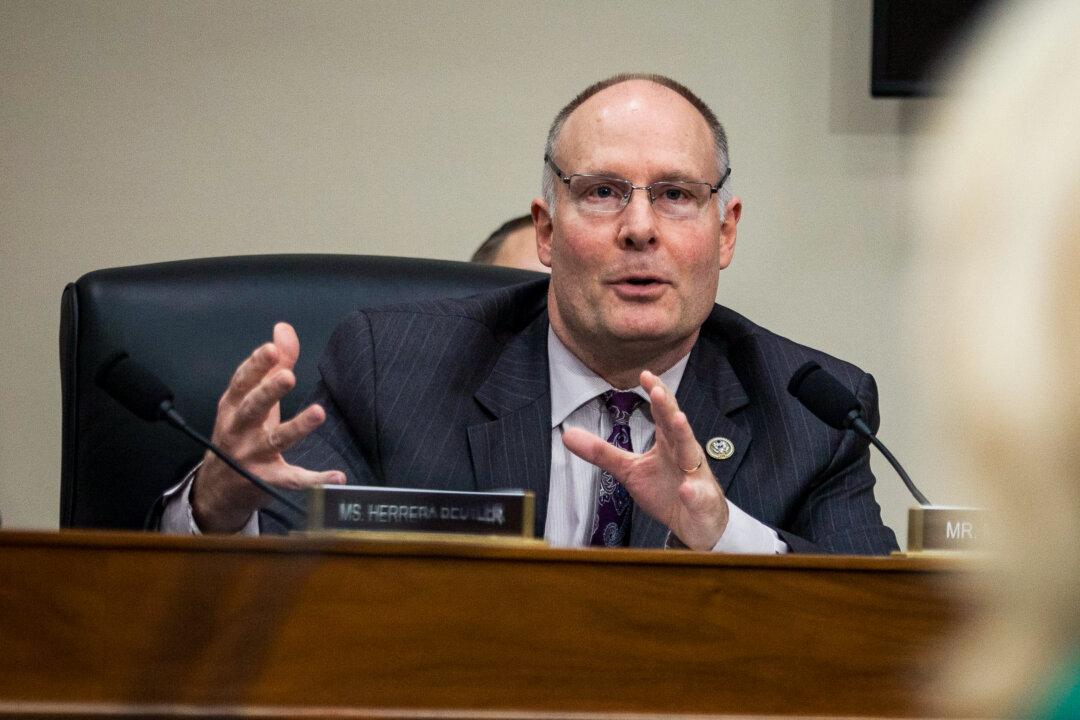Rep. John Moolenaar (R-Mich.), the new chair of the House China panel, has set his priorities largely following his predecessor’s: deter the Chinese Communist Party’s (CCP) military aggression on Taiwan, protect American technology and supply chain, and prevent CCP proxies from harassing people on U.S. soil.
In a video released on Monday, Mr. Moolenaar highlighted his concern that “the CCP is actively working to weaken America.”



